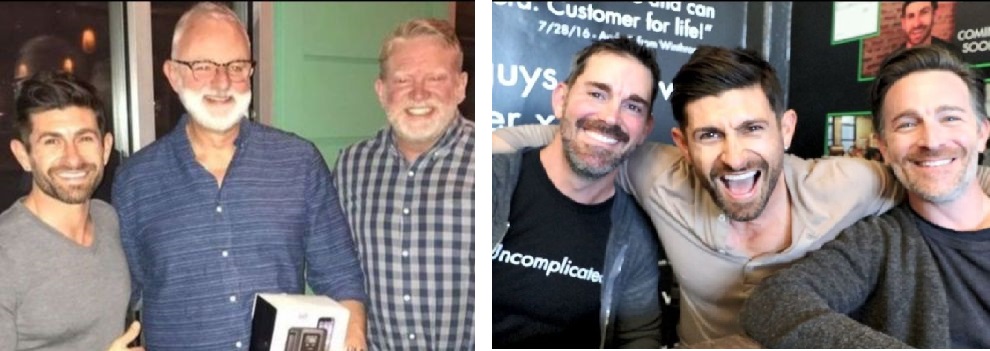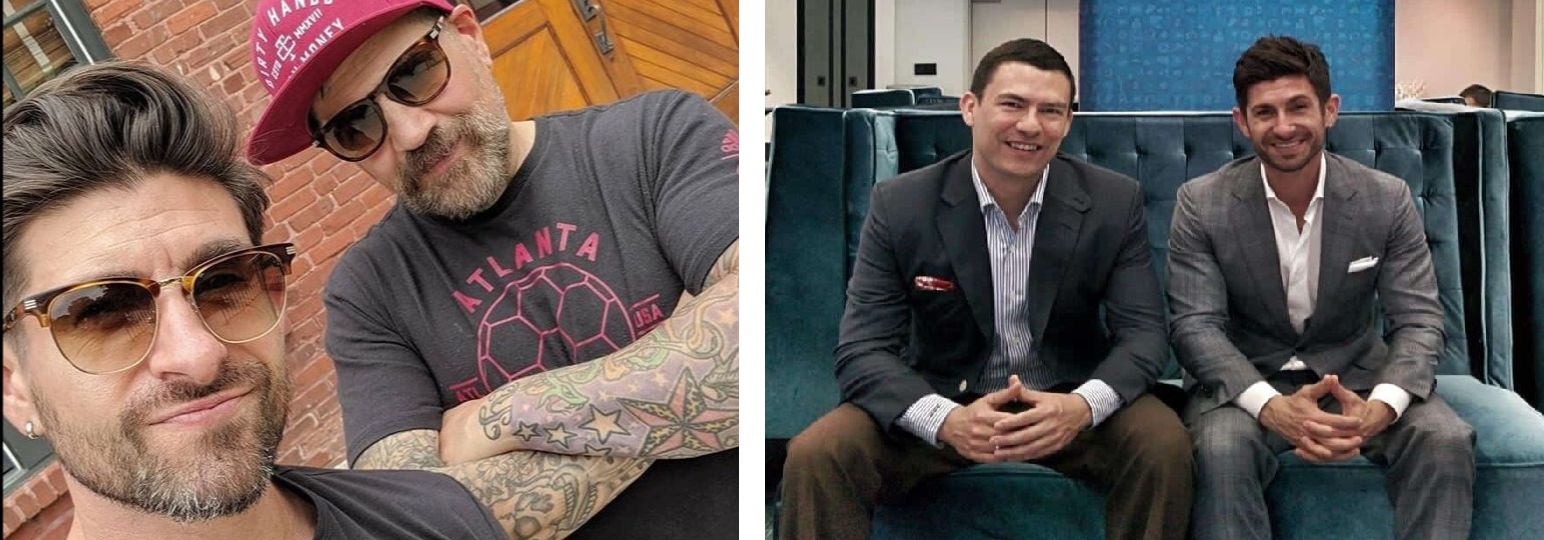
Friends have different purposes, and friends are different during our lives. Our childhood friends are other kids who are fun to play with. When we hit our teens, our friends become supportive figures and those who receive our self-confessions. These years don’t have friendships as close as later in life because teens are still discovering their individuality and how to be intimate. Friendships help to explore these areas.
By the time we reach young adulthood, we may still be a bit insecure and seek out friends who share our values. College gives us time to spend with these friends – which also goes for young adults that don’t go to college but haven’t embarked on marriage and children. Note that networks of friends are deeper during this time than ever before or after. And then, as we graduate from school, move for work, or start families, the networks begin to break apart.

Into middle age, life gets in the way, and time is tighter. Friendships take a backseat to demands, and we are forced to ‘catch up’ with friends at later dates in exchange for children’s events, business trips, and other life events. Time is spent with jobs and raising families, which also affects those who stay single. These singles experience getting put off due to their friends’ marriages and raising kids.
As we navigate life, we make and keep friends in diverse ways. We may make friends wherever we go, we may have more acquaintances than deeper friendships, we may only have a few best friends over the years, and some of us may keep in touch with old buddies and make new ones along with way. New friends after young adulthood are typically tied into our work, co-workers, and kid’s friends, so the skill of making friends starts to fade.
So, we have three types of friends active, inactive, and honorary. If you are in touch with your friend regularly or you reach out to them for support, this friend is an active friend. An inactive friend is someone you haven’t been in touch with recently but still consider this person a friend. And an honorary friend is one with which you don’t expect to ever connect again, but they were significant or special to you in the past. You have good memories of the friendship.
Social media makes honorary type friends odd because they’re in front of your face, and you know what’s going on in their life, but you truly shouldn’t. Think of it this way – did you ever meet someone at a summer camp or on vacation when you had a great time but went your separate ways when the time ended? That friend should stay that way — good memory that shouldn’t be watered down.

Anyway, after young adulthood, we seem to lose friendships due to life’s circumstances. We also expect less from friendships because…

